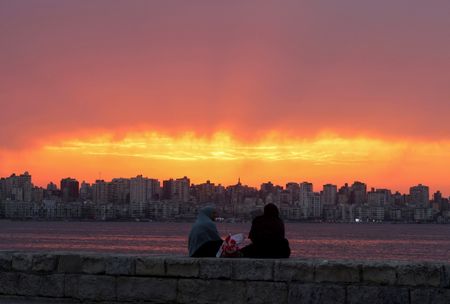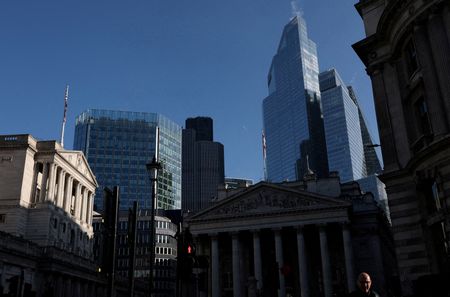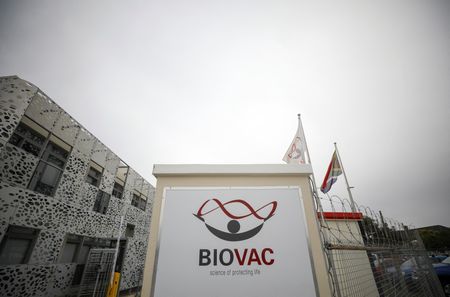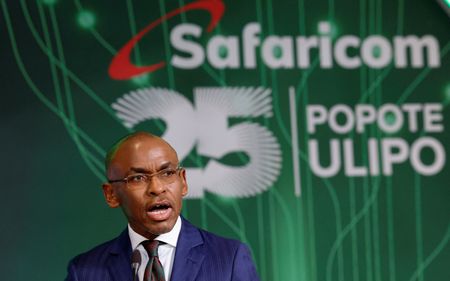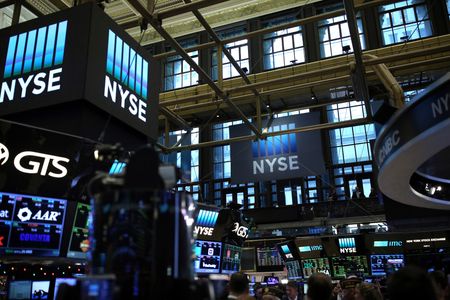DUBAI/CAIRO (Reuters) -Egypt and Qatar signed a partnership deal on Thursday to develop a luxury real estate and tourism project on Egypt’s Mediterranean coast, part of Doha’s $7.5 billion investment pledge to Cairo.
Egyptian Prime Minister Mostafa Madbouly said at a signing ceremony held in Egypt’s New Administrative Capital that Qatar will pay $3.5 billion in December for the land allocated to the Alam Al-Roum project.
The land payment forms part of a $29.7 billion investment by Qatari Diar, the real estate arm of Doha’s sovereign wealth fund, in the project, which would include golf courses and marinas on an undeveloped 7-km (4.4-mile) stretch of coastline about 480 km northwest of Cairo.
The $3.5 billion will be fresh FDI, and not deposits, and will be used to lower debt and improve Egypt’s economic indicators, Egyptian Finance Minister Ahmed Kouchouk told Reuters.
Egypt will also receive housing units valued at $1.8 billion and 15% of the project’s profits after Qatari Diar recovers its investment costs, Madbouly said.
Egypt has for years sought to attract foreign investment, particularly from wealthy Gulf states, as it struggles with heavy foreign debt and a widening budget deficit.
The International Monetary Fund held up disbursements to Egypt under a biannual review due to a delay in Qatari investment that Cairo had told the IMF would materialise by June, two financial sources said.
Madbouly said during the conference that the negotiations with Diar were “long and bitter.”
Qatari Diar’s existing holdings in Egypt include the St. Regis Cairo hotel and apartments and CityGate and NEWGIZA – planned residential developments on the outskirts of Cairo.
The Qatari investment is seen as a strategic counterpart to the United Arab Emirates’ Ras El-Hekma development, which was signed in February last year.
Housing Minister Sherif El-Sherbiny told Reuters on the sidelines of the signing ceremony that the development of Ras El-Hekma is “going well” and that developers have received the land, deployed the machinery, started working on the project, denying that there were any delays.
(Reporting by Ahmed Elimam, Tala Ramadan and Mohamed Ezz; additional reporting by Momen Saeed Atallah, Editing by Alex Richardson and Sharon Singleton)

